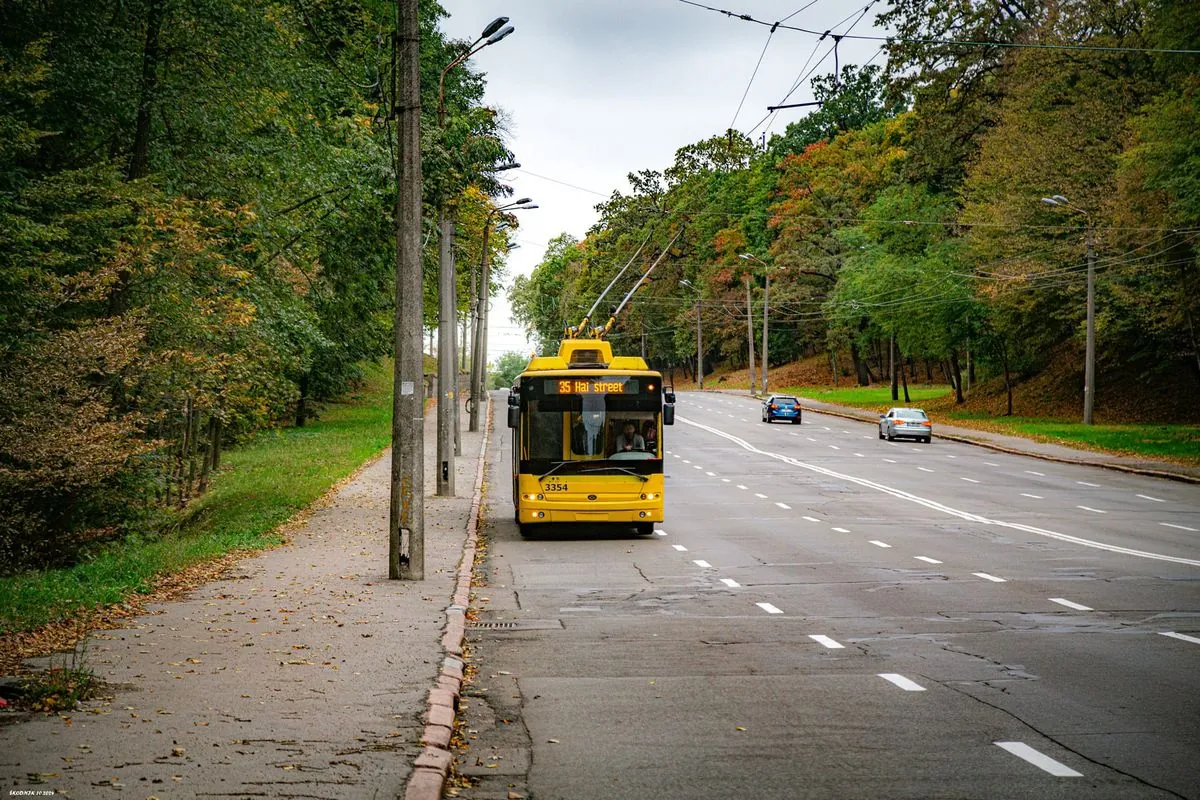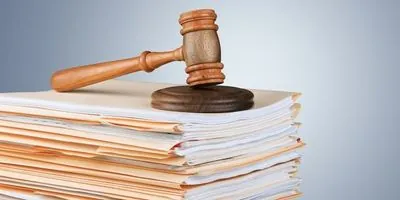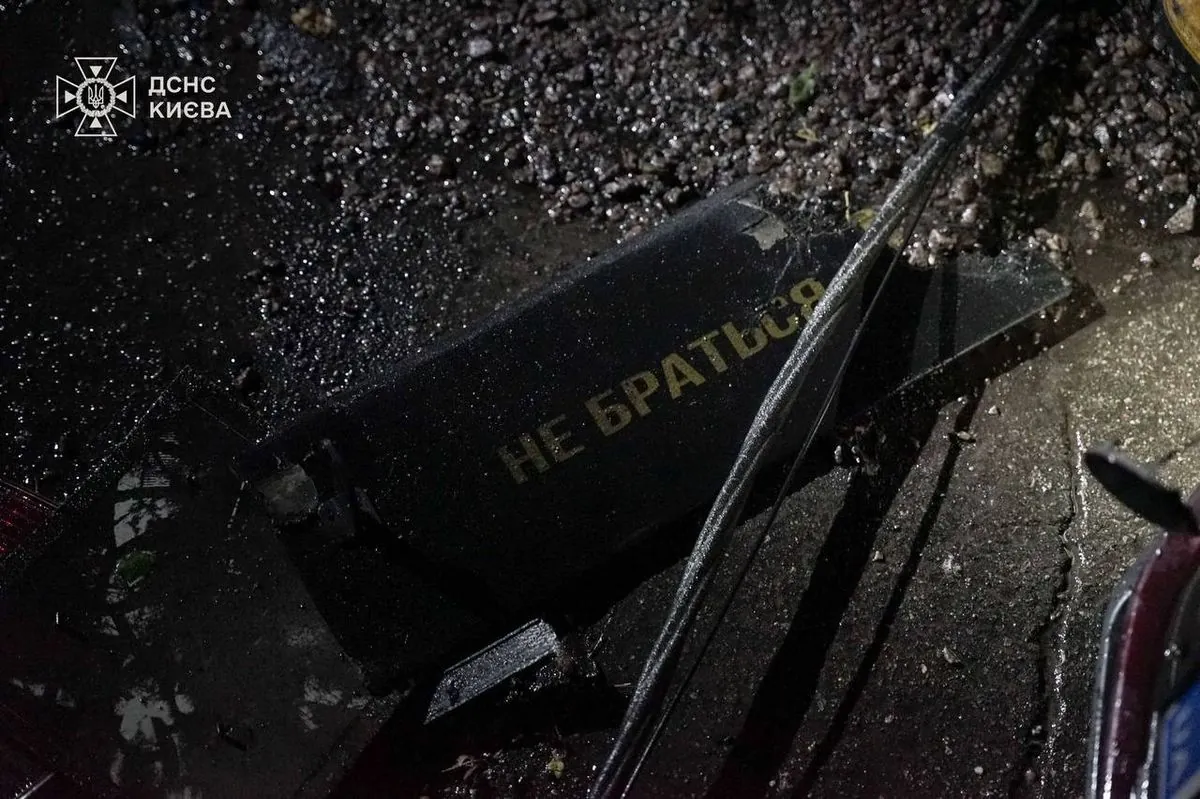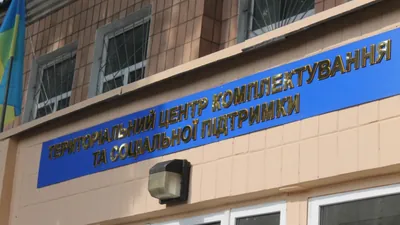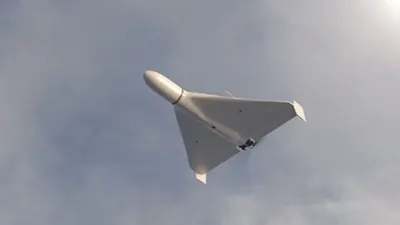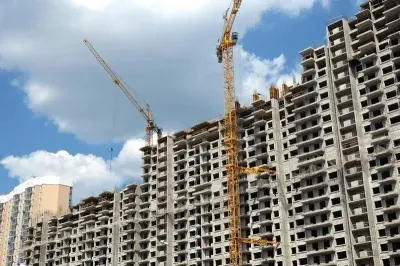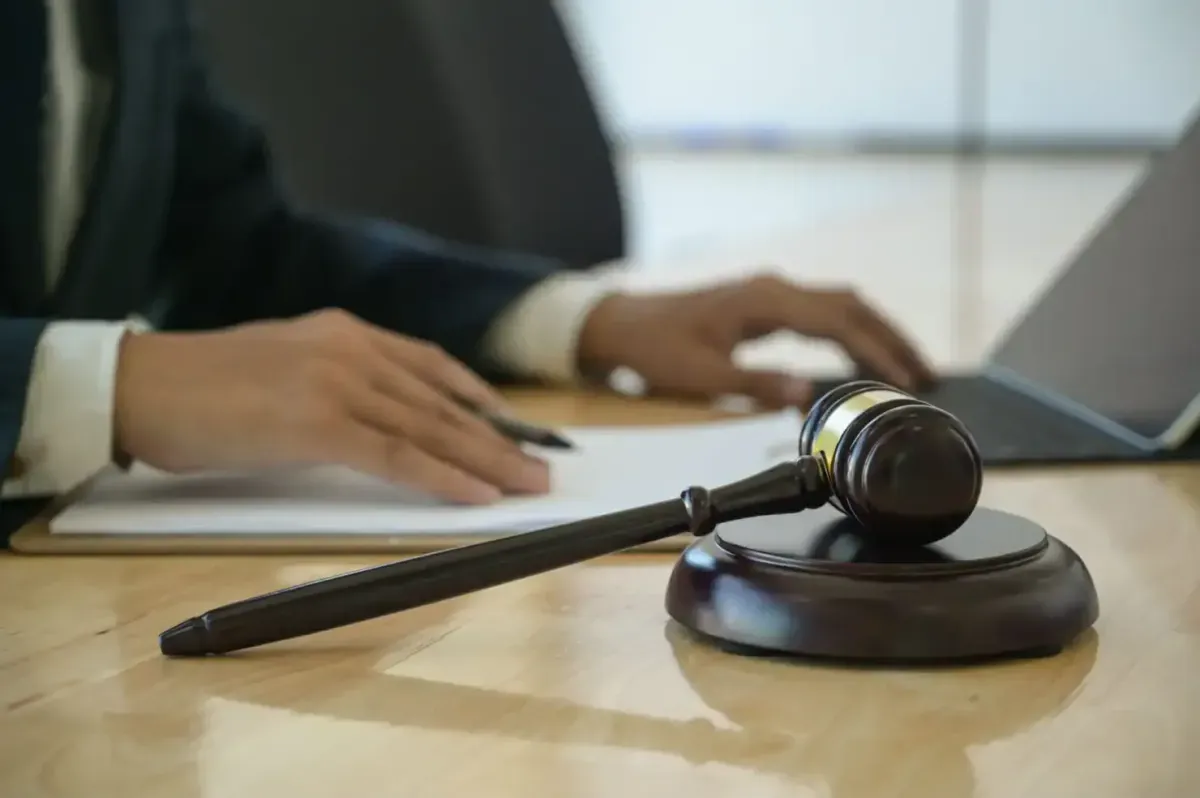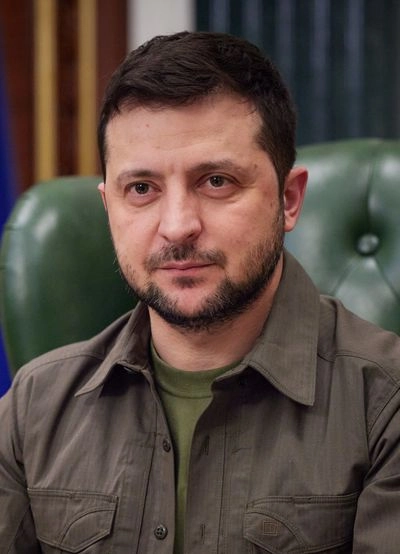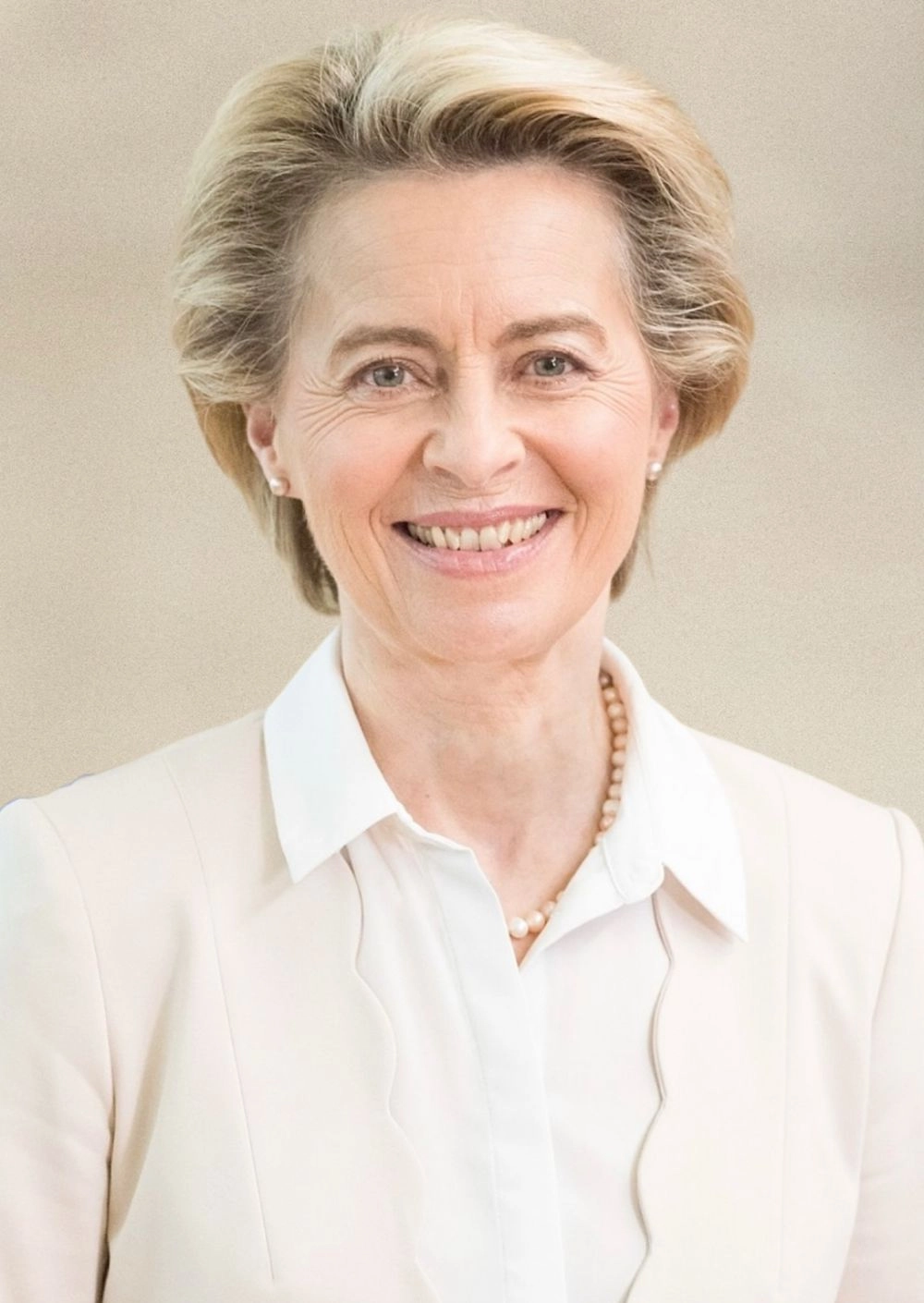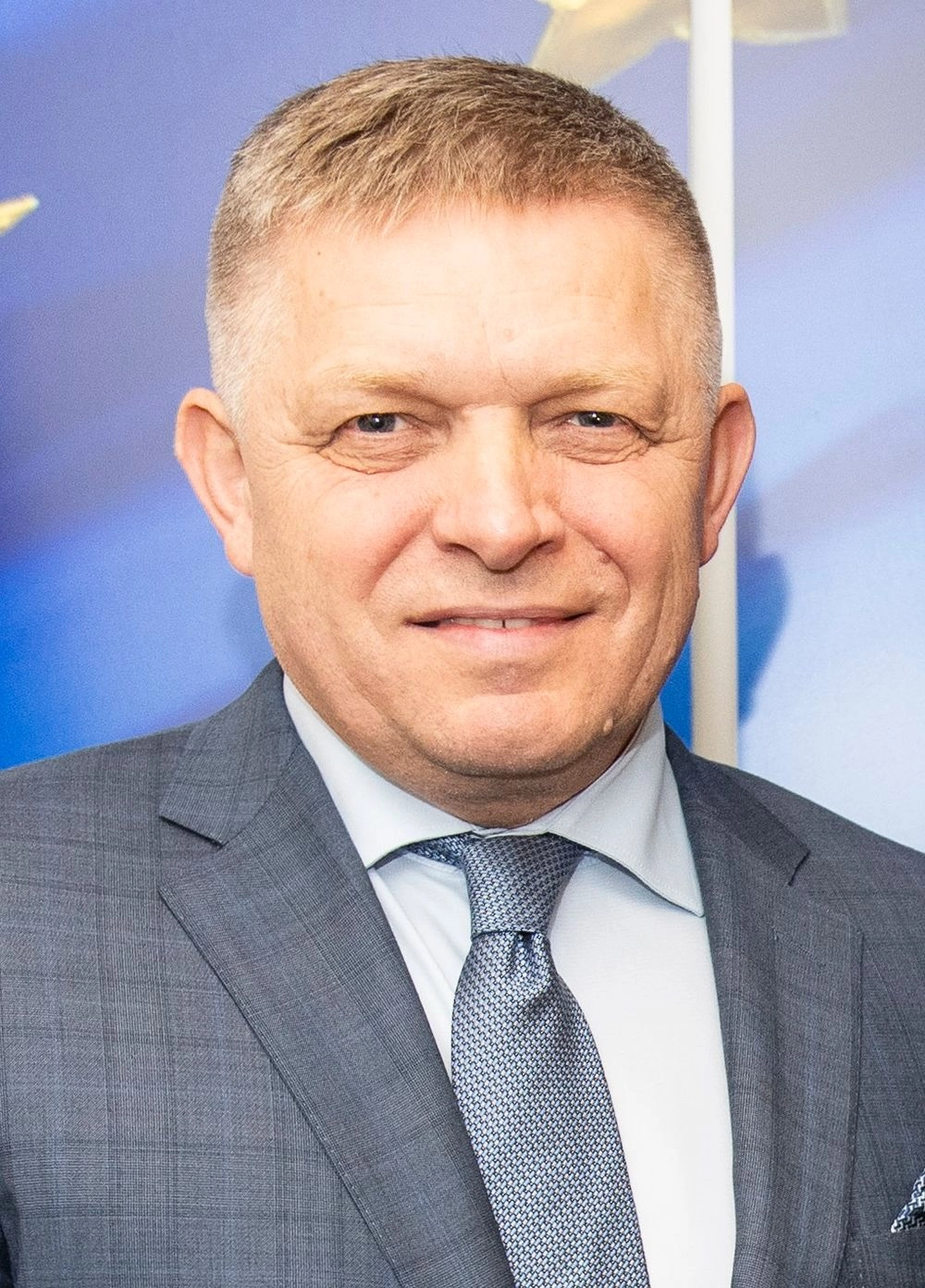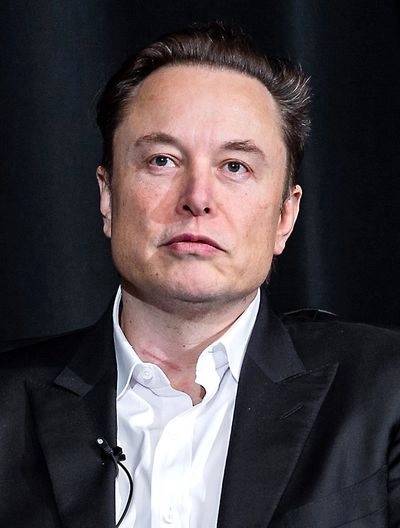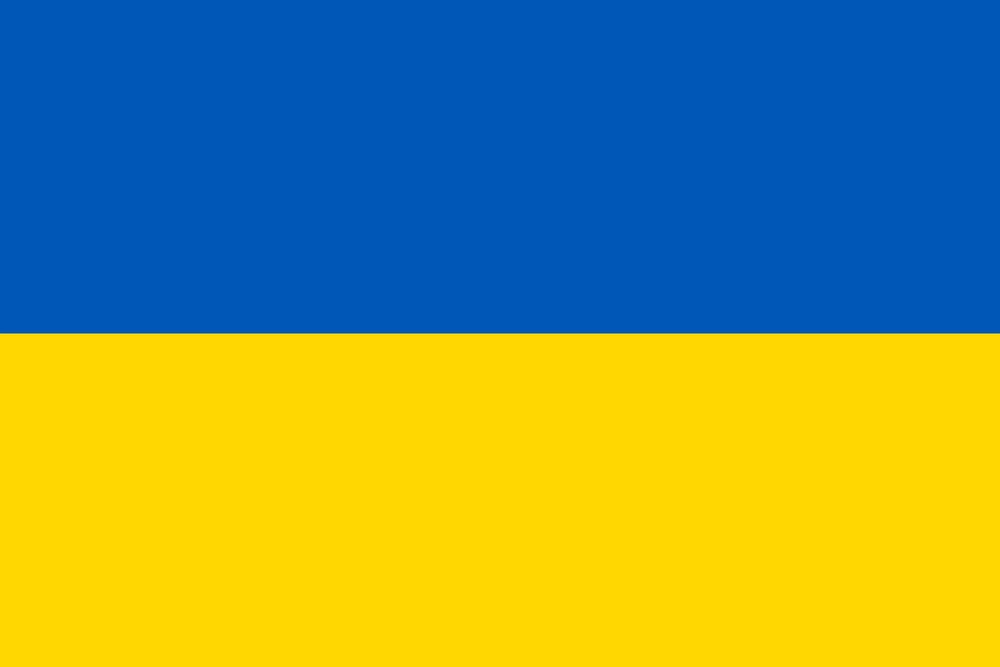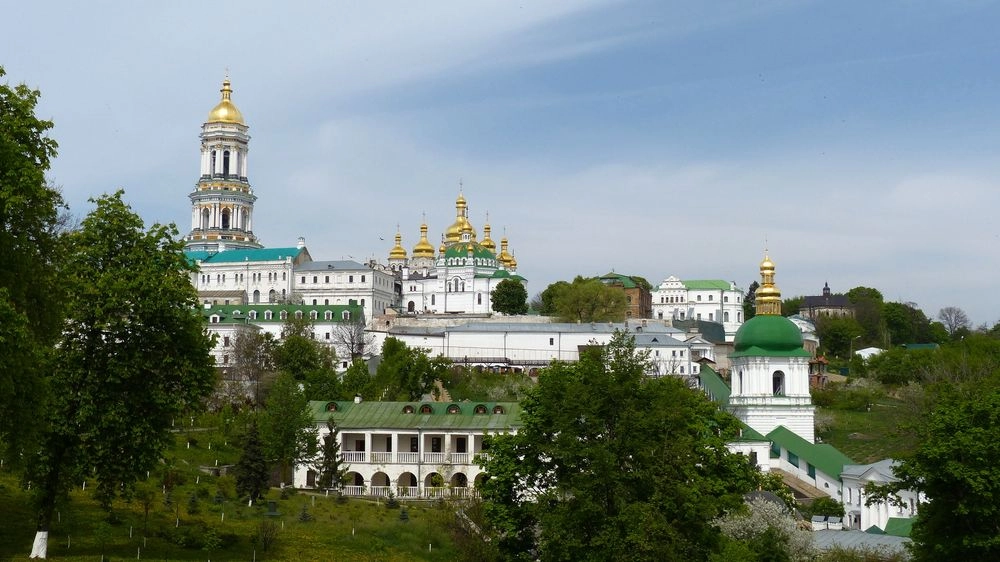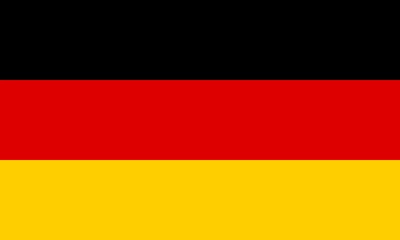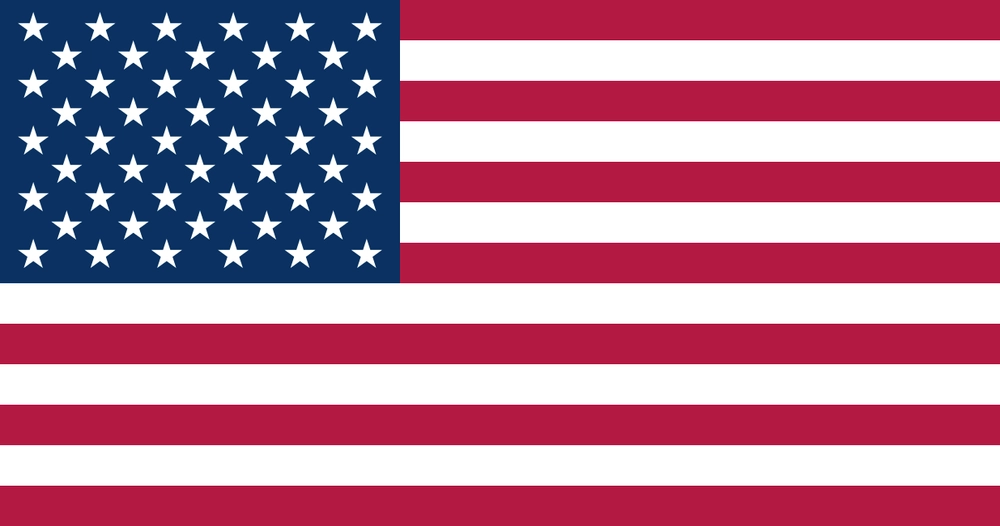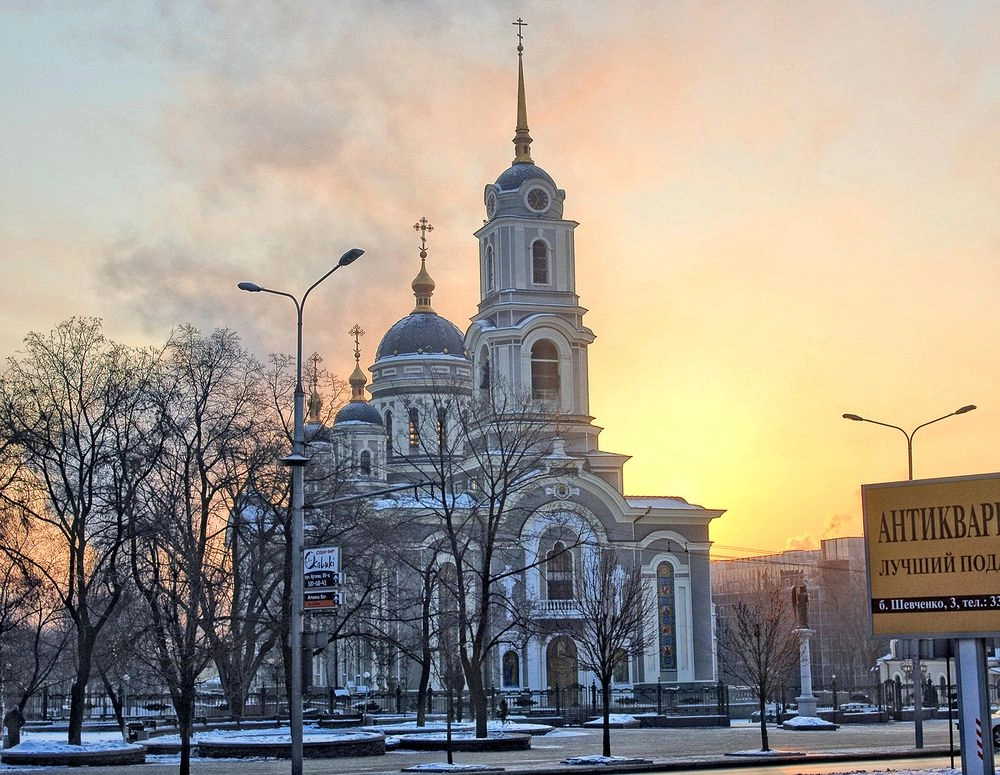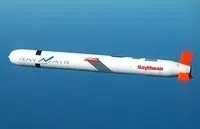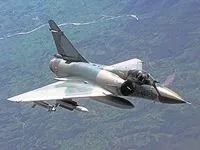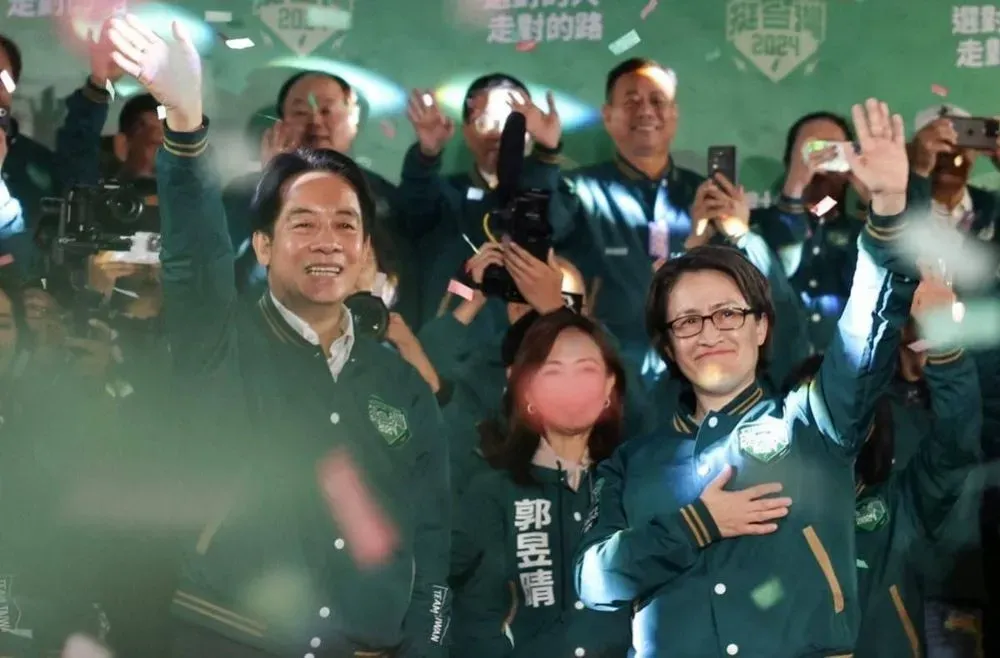
Taiwan after the elections: Lack of majority in the parliament and Chinese pressure predict difficulties for the new president
Kyiv • UNN
Lai Ching-te of the Democratic Progressive Party (DPP) became Taiwan's new leader. But his victory is not triumphant: China favoured a different result and reacted harshly, while at the same time the DPP lost its majority in parliament, which could complicate Lai's political future.
Taiwan's president-elect Lai Ching-te is not only celebrating political success, but is also facing serious problems: the situation in parliament has shifted in favour of the opposition, and the Chinese Foreign Ministry has once again issued a statement that the Taiwan issue is "China's internal affair".
This was reported by UNN with reference to Euronews and Reuters.
Details
For the third time in a row, a representative of the Democratic Progressive Party (DPP) became president of Taiwan.
But several factors indicate that after the victory, Lai Ching-te's path will not be easy, as he will face pressure from China, which could be economic as well as military pressure; in addition, despite a comfortable lead in the presidential election, the DPP party lost control of the parliament, which Lai will have to rely on to pass laws and spend money.
Beijing's position
The Chinese Communist Party continues to rely on the "reunification" of the island with the mainland - and does not even rule out military means.
During the election campaign, China warned Taiwanese to make the "right decision," calling Lai Ching-te a "serious danger" who could embark on an "unhappy path" to independence.
After Lai's victory, China responded by assuring that the result did not reflect the majority opinion of Taiwanese society and criticized the United States for congratulating the winner of the election. In addition, the Chinese Ministry of Foreign Affairs stated that "the Taiwan issue is an internal affair of China" and "the basic fact that... Taiwan is part of China will not change". At the same time, Chinese state media did not provide much information about the election results in Taiwan.
New Parliament in Taiwan
Lai Ching-te's victory means that the Democratic Progressive Party retains its representative as president for a third four-year term, after eight years of President Tsai Ing-wen's rule. But in the parliament, which was also voted on, the situation changed in favor of the opposition: The DPP lost ten seats and now has only 51 votes. The Kuomintang won 14 seats, increasing its total to 52. The smaller TPP won eight seats.
The opposition Kuomintang has traditionally advocated improved relations with the Communist Party in Beijing. This is primarily due to historical reasons, as Chiang Kai-shek, along with approximately 1.5 million loyal followers, fled the mainland to Taiwan in 1949, after being defeated in a civil war. On the island, he met with former immigrants and indigenous peoples. It is believed that over the past 70 years, the island republic's social groups have significantly developed their own identity.
Lin Fei-fang, a former deputy secretary-general of the DPP who is now a senior member of the party's think tank, told Reuters he was "quite concerned" that opposition lawmakers, who together form a legislative majority, could step up exchanges with China to declare a goal of reinstating a controversial services trade agreement that Taiwan shelved a decade ago amid mass protests.
Local authorities and parliament can create a line of pressure on the central government
Both the Kuomintang, which is Taiwan's largest opposition party, and the small Taiwan People's Party (TPP) campaigned for the renewal of the trade services pact.
The losing Kuomintang candidate, Hou Yu-ih, did not respond directly to a question about the two parties' unification on Sunday, saying only that "opposition parties have a responsibility to be opposition parties.
In turn, China has rejected Lai's calls for talks, and Taiwan's new president and his party reject Beijing's claims to sovereignty and say that only the people of Taiwan can decide their future.
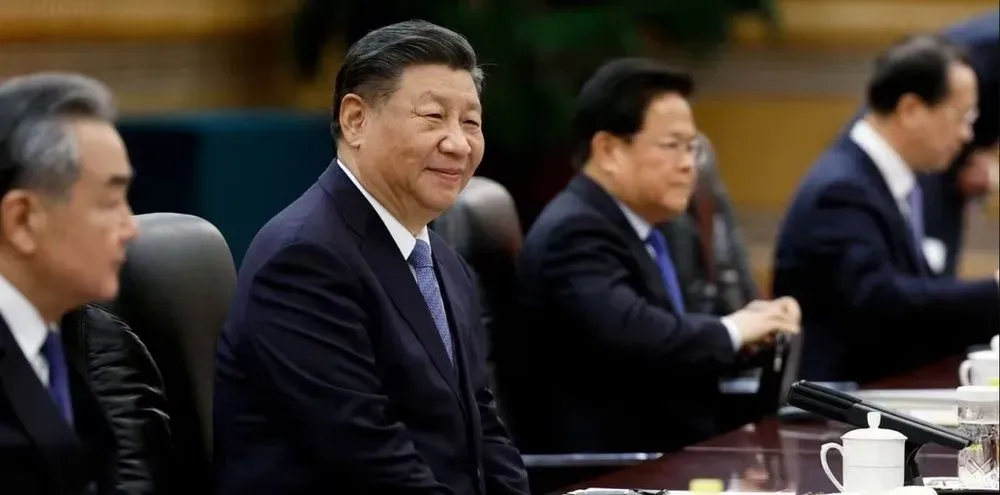
China's military pressure
During the election campaign, China warned the Taiwanese to make the "right decision," but despite the DPP's victory, according to Alexander Huang, a military expert at the University, a Chinese military response is unlikely to be immediate, but "Beijing will increase pressure on Taiwan in other ways.
Taiwan has been observing the presence of Chinese planes and warships in the strait almost daily, raising fears of an incident, especially since there is no high-level communication between Beijing and Taipei.
Intimidation tactics, such as sending Chinese balloons, will continue to "increase the pressure," predicts political scientist Wen-ti Sun.
Also, according to Wen-ti Sun, China may increase its economic pressure, as it did in 2022 after Pelosi's visit, when imports of some fruits and fish from Taiwan were banned.
China calls for major peace conference on Gaza warJanuary 15 2024, 04:44 AM • 28112 views
Lai Ching-te and his relations with China
During the election campaign, Beijing openly warned the Taiwanese that they had a choice between war and peace. The Chinese leadership considers Taiwan a renegade province and reserves the right to return the island to China by force.
Beijing has cited Lai's past as a self-proclaimed fighter for Taiwan's independence as making him a leading DPP politician. Lai comes from a humble background. He was born in 1959 in a village near the capital to a family of miners. His father died of carbon monoxide poisoning in a mine in early 1960. Since then, Lai and his five siblings have been raised by his mother. Nevertheless, he went to university where he studied medicine and even received a master's degree from the famous American elite university Harvard.
He worked for a time as a spinal cord specialist before starting his political career. He was elected to the Legislative Council for the Democratic Progressive Party in 1998. In 2017, President Tsai Ing-wen appointed Lai Ching-te as prime minister, and he in turn ran against her for the party in 2019. He lost to Tsai, who became president again in 2020 with an absolute majority. But Tsai gave her rival Lai the vice presidency.
Lai Ching-te demonstrated some political flexibility, leaning toward Tsai's pragmatic course toward China. In order to maintain peace with China and the support of the United States, Tsai Ing-wen postponed the idea of a legal declaration of Taiwan's independence. Instead, she promoted a compromise formula, according to which Taiwan does not need to declare itself independent because the island is already de facto independent.
Lai Ching-te currently advocates proximity to the United States, weapons to deter a Chinese attack, and offers a dialogue with China. He supports the status quo of Taiwan as a quasi-state entity not officially recognized diplomatically by most states, writes Handelsblatt.
Recall
UNN reported that Taiwan's Vice President Lai Ching-te won the election.
